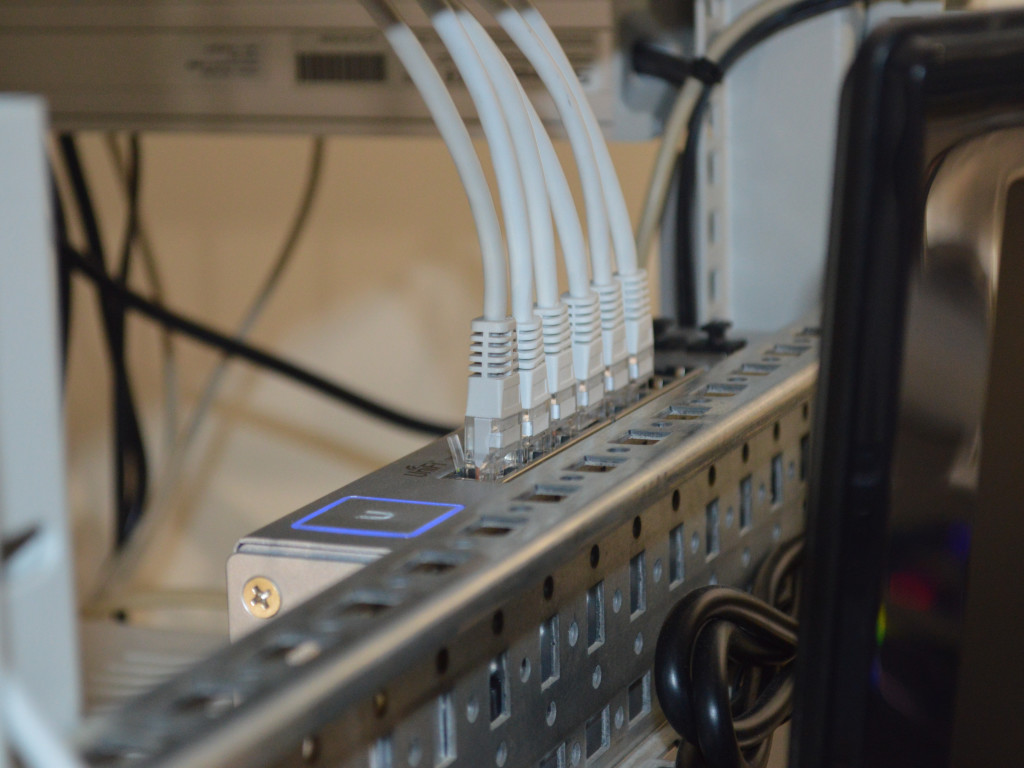Ditch the Guilt! Smart Ways to Align Your Work and Home Life
In today's fast-paced world, finding a balance between work and life can often feel like an impossible task. With the demands of our careers constantly pulling us in one direction and the desire to have a fulfilling personal life tugging us in another, it's no wonder that managing time effectively can be a challenge.

Don't worry; this article covers several tactics to help you find the perfect balance between work and life. So, make yourself a cup of coffee, relax, and prepare to discover expert tips on managing your time effectively!
Prioritize and Set Goals
Striking the right balance between work and personal life is more challenging than ever. Effective time management is key to maintaining this balance and leading a fulfilling life. Below are practical strategies that can help you manage your time effectively, ensuring you excel in your professional life while enjoying personal satisfaction:
1. Assess priorities and identify long-term goals.
Before effectively managing time, assessing priorities and identifying long-term goals is crucial. This involves evaluating what is most important in both work and personal life and determining the desired outcomes. Individuals can allocate their time and energy by understanding priorities and goals.
2. Break down goals into manageable tasks.
After setting long-term goals, it's important to divide them into smaller, more manageable tasks. This method helps in organizing and systematically reaching these goals. Focusing on each task one at a time simplifies time management.
3. Use tools like to-do lists and calendars.
To stay organized and on track, it is beneficial to utilize tools such as to-do lists and calendars. These tools help individuals prioritize tasks, set deadlines, and allocate time for specific activities. By having a visual representation of tasks and deadlines, individuals can better manage their time and ensure that important tasks are not overlooked.
Time Blocking and Time Management Techniques
Mastering various time management techniques is crucial in the quest for productivity and efficiency. Here are methods, providing insights into how they can be effectively implemented to maximize productivity and achieve a better work-life balance:
1. Implement time blocking.
Time blocking is a method where you set aside particular periods for different tasks. This approach lets you concentrate on one task at a time, boosting both productivity and efficiency. It also reduces distractions and interruptions, leading to improved time management.
2. Utilize the Pomodoro technique.
The Pomodoro Technique is a time management method that involves working in short bursts of focused activity, followed by short breaks. This technique helps individuals maintain focus and avoid burnout. By breaking work into manageable intervals, individuals can maximize productivity and manage their time effectively.
3. Avoid multitasking and focus on one task at a time.
Multitasking may seem like an efficient way to manage time, but it often leads to decreased productivity and increased stress. Instead of trying to juggle multiple tasks simultaneously, it is more effective to focus on one task at a time. By giving full attention to each task, individuals can complete them more efficiently and effectively, ultimately managing their time better.
Delegating and Outsourcing
Effective time management is not just about personal productivity—it's also about knowing when to delegate and outsource tasks. This strategy is essential for maintaining work-life balance and avoiding burnout.
1. Identify tasks for delegation or outsourcing.
Begin by assessing which tasks can be delegated or outsourced. This involves evaluating the task's nature and determining whether it requires your unique expertise or whether someone else can handle it. For instance, administrative tasks like data entry or scheduling can often be passed on to an assistant or virtual assistant, thus freeing up more time for you to focus on higher-priority tasks.
2. Build a support network for effective delegation.
Creating a network of colleagues, friends, or family members who can assist is crucial. By reaching out for help when needed, you can distribute the workload more evenly and reduce your own stress.
3. Leverage technology and automation.
Utilize technological tools and software to automate repetitive tasks. This could include automated email responses or social media scheduling. Implementing these technologies can help free up significant amounts of time, allowing you to concentrate on more impactful and meaningful work.
Establishing Boundaries and Practicing Self-Care
Balancing professional responsibilities with personal well-being is a delicate yet crucial aspect of effective time management. Here's how setting boundaries and prioritizing self-care can lead to a more balanced and fulfilling life:
1. Set boundaries between work and personal life.
Define specific working hours and stick to them. This means refraining from checking work emails or engaging in work tasks outside these hours, thus creating a clear distinction between professional and personal life.
2. Prioritize self-care and take regular breaks.
Regularly engage in self-care activities, such as exercise, meditation, or spending quality time with loved ones. This practice is essential for maintaining mental and physical well-being, leading to increased productivity and a fresh perspective at work.
3. Learn to say no to over-commitment.
Recognize your limits and avoid over-committing to work-related tasks. It's important to say no when necessary to prevent overloading yourself, which can lead to stress and burnout.
4. Create a dedicated workspace.
If working from home, establish a dedicated workspace separate from personal areas. This physical separation can help mentally divide work from leisure, aiding in the transition from professional responsibilities to personal relaxation.
5. Embrace digital detox periods.
Regularly schedule periods where you disconnect from digital devices, especially work-related ones. This digital detox can help reduce stress and improve your presence in personal activities, promoting a healthier work-life balance.
Guilt-Free Boundaries for a Happier You
Managing time effectively is crucial for achieving a healthy work-life balance. By prioritizing and setting goals, implementing time blocking and time management techniques, delegating and outsourcing tasks, establishing boundaries, and practicing self-care, individuals can control their time and create a more fulfilling and balanced life.
It is important to remember that managing time effectively is not just about being productive but also about prioritizing our physical and mental well-being. By implementing these strategies, we can achieve overall happiness and success. So, take action and start implementing these strategies today for a better work-life balance!







